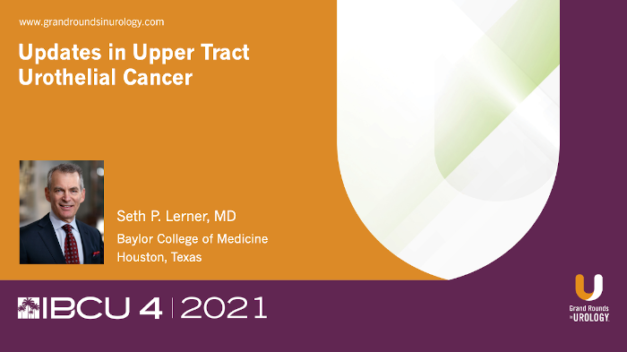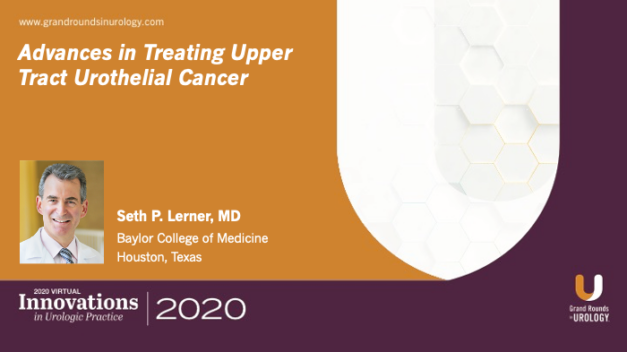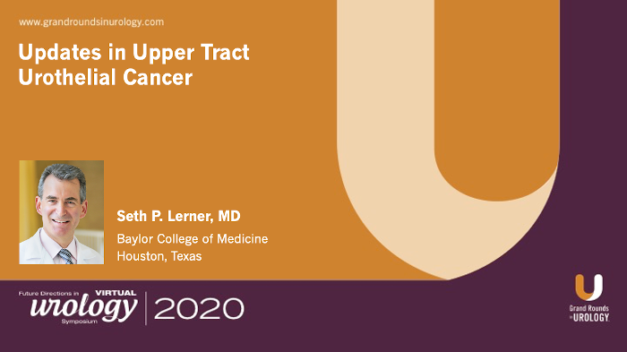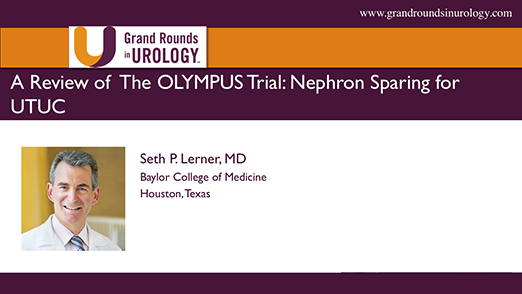Managing NMIBC in the BCG Shortage Era
Seth P. Lerner, MD, Professor of Urology and holder of the Beth and Dave Swalm Chair in Urologic Oncology in the Scott Department of Urology at Baylor College of Medicine, explains the bacillus Calmette-Guérin (BCG) shortage and discusses how physicians should adjust treatment decisions for non-muscle invasive bladder cancer (NMIBC). He outlines a joint guideline statement made by the AUA, AACU, BCAN, SUO, LUGPA, and UCF on February 19, 2019, which stated that BCG should not be used for low-risk disease, that alternative intravesical chemotherapy should be used for second-line intermediate-risk disease, that patients with high-risk NMIBC should be prioritized for full-strength BCG, and that if full doses are unavailable then reduced doses should be used. Dr. Lerner then discusses the SWOG BCG maintenance protocol, which shows a clear benefit over other protocols. He reviews the BCG dose reduction process and describes how to bill for it. Dr. Lerner also gives an overview of a trial on optimizing mitomycin delivery that found that dehydrating the patient and ensuring the bladder is empty prior to instillation is key, and that optimized delivery can double recurrence-free survival at 5 years. Dr. Lerner outlines BCG-naive clinical trial agents and shows data indicating that gemcitabine with docetaxel can be used to supplement BCG treatment. He states that very high-risk patients should receive radical cystectomies early due to a dropoff in survival in patients who wait to receive cystectomies. Dr. Lerner concludes that optimized intravesical mitomycin and doublet chemotherapy regimens are active in both intermediate and high-risk disease, and that radical cystectomy’s complete and usually durable response for pathologic NMIBC should not be ignored.
Read More



